How do CDB products and use affect Employers? Let’s cover some basics…that may not seem so basic, before moving on to the current CBD market and how it could affect your Drug Free Workplace Program.
What is Cannabis? Cannabis is the species of plant of which marijuana is derived. Cannabis contains the psychoactive ingredient, Delta 9 tetrahydrocannabinol better known as THC, which produces the “high” felt after smoking or ingesting marijuana. There are multiple strains of the Cannabis plant. Some strains have low THC levels, one such variant is hemp.
What is Hemp? Hemp is derived from the Cannabis plant. Hemp or industrial hemp is defined as a form of the Cannabis plant containing THC levels of under 0.3%. It is grown specifically for industrial uses of its derived products. Hemp typically has a high cannabidiol (CBD) content. The US 2018 Farm Bill, now law, in its 1,000+ pages is a provision to make it easier for farmers to grow industrial hemp and it also removed hemp from the Schedule 1 of the Controlled Substance Act. This resulted in reclassifying hemp as an agricultural commodity. This is where the current “CBD buzz” took off. It is important to note that the new law explicitly preserved the FDA’s authority to regulate products containing cannabis, as of this writing, except for one pharmaceutical drug Epidiolex, which contains no more than 0.1% CBD. Epidiolex is used to treat certain seizures and is only available by prescription. The FDA has not approved any other hemp or CBD products.
What is CBD? Cannabidiol or CBD is a derivative of the Cannabis plant. Different strains of Cannabis have different levels of THC. One such variant is hemp; however, both hemp and marijuana contain the chemical compound CBD.
Is CBD legal? It depends on if the CBD was extracted from a specific hemp-type cannabis plant, or other type of cannabis plants. CBD from hemp is legal on a federal level; however, CBD from other types of cannabis plants still remains illegal and continues to be a Schedule 1 drug. The DEA currently classifies anything from the marijuana plant, including both THC and CBD as a Schedule 1 substance. Schedule 1 substances have no known medicinal use and these products are addictive. Remember, CBD is found in both hemp and marijuana.
The CBD Market: Approximately 48 states, including North Carolina, have legalized CBD products. In North Carolina, the CBD product must contain less than 0.3% THC. States are approving CBD oil to treat disabling conditions based on anecdotal reports and not hard science. There are thousands of CBD products, oils, tinctures, pills, lotions and liquids used in vaping devices that are available in retail stores and online. The PROBLEM is there are currently no uniform standards or widely accepted testing certifications for CBD and none of them are FDA approved. Buyer beware, CBD products are not regulated by the FDA and run the risk of containing more THC than the law allows.
Workplace Safety: Most Human Resource Professionals already understand the safety benefits of a Drug Free Workplace and why you would not want an employee using or being under the influence of marijuana. Workplace drug testing panels test for THC not CBD. CBD use could absolutely result in a marijuana positive drug test. There is no current workplace drug test that identifies or measures CBD. CBD products have often been found to have levels of THC that can lead to a positive test. Your company employees may use what they believe is legally permissible, hemp derived, CBD but because it’s unregulated, these products could and often do contain a higher level of THC than the product claims. Buyer beware! Despite what the label says, you do not know what’s in there. CBD products could contain THC or any other product that could potentially be harmful. Fifty Utah residents became ill after ingesting a man-made mixture, falsely sold as CBD oil! This event resulted in Utah changing their laws on CBD consumption.
Again, the waters are murky, with no standards of regulation. It’s difficult to know if the CBD products contain THC or not, even if labeled as “100% THC free.” As an employer, it is responsible to give employees fair notice about CBD. Without FDA approval, consumers of CBD products need to be informed and responsible for how their actions will be dealt with by their employer.
Employers need to update their Drug Free Workplace policies to state the company’s position on the use of CBD products by their employees. From the perspective of this experienced drug free workplace consultant (who is not an attorney), I would recommend adding an addendum to your Drug Free Workplace policy that advises employees, very clearly, that a positive test for marijuana will still be positive and have the same consequences, even if the employee claims the use of CBD products as the reason for the positive test result. Please review any policy changes and/or additions with your legal counsel. Most Medical Review Officers say an employee’s allegation of the use of CBD is not a reasonable medical explanation for a positive THC drug test result and the positive result will stand.
Employers face a heavy burden in this ever-changing landscape of CBD vs. THC. Workplace safety must come first. The liability would be great should someone get hurt or injured on the job, resulting in a possible increase in workers’ compensation claims and productivity loss. For now, the result from allowing the use of THC or CBD products could have ominous consequences. So, until the FDA regulates CBD, I wouldn’t touch it with a ten-foot pole.
Written by a Catapult Contributor

